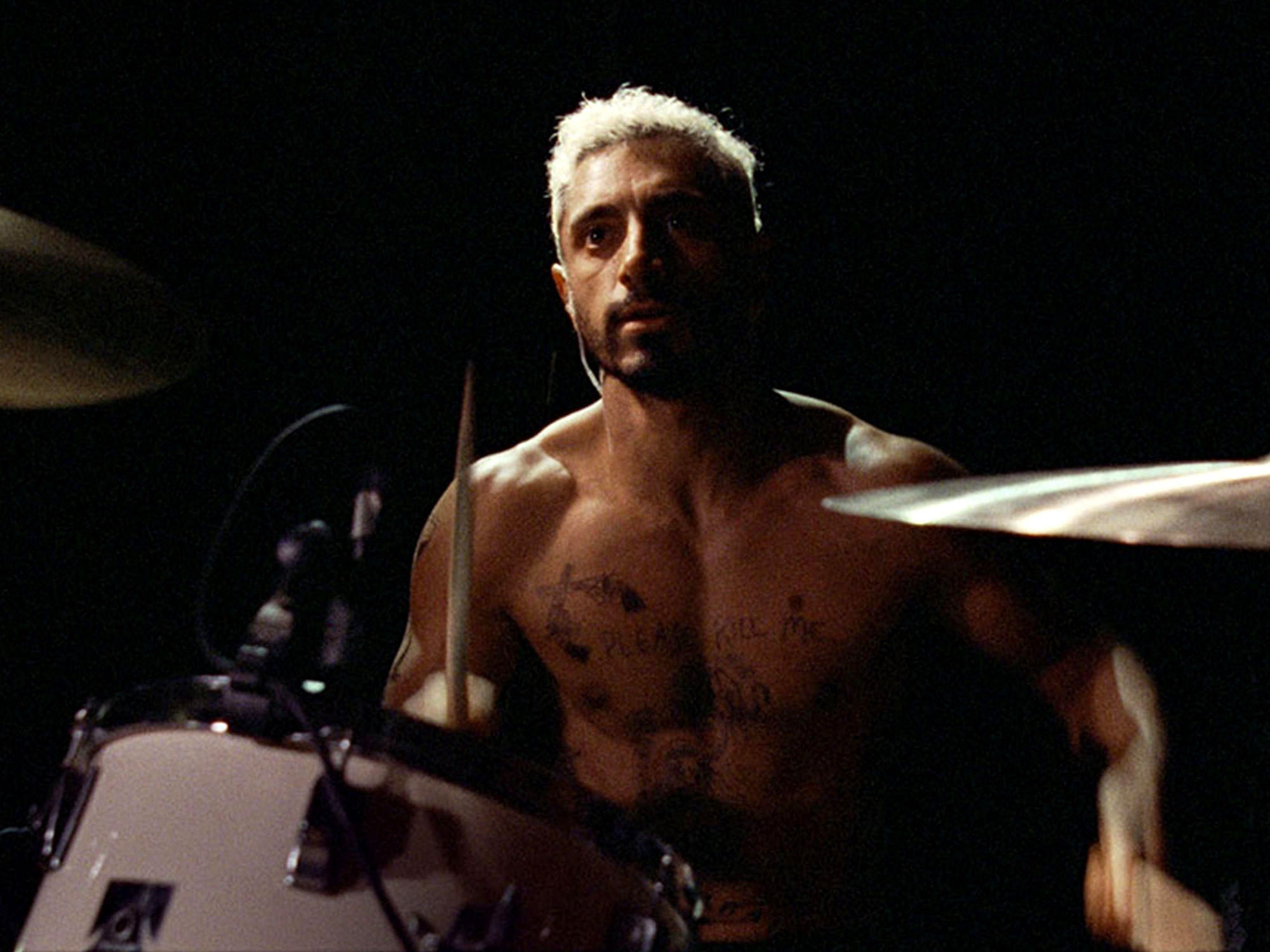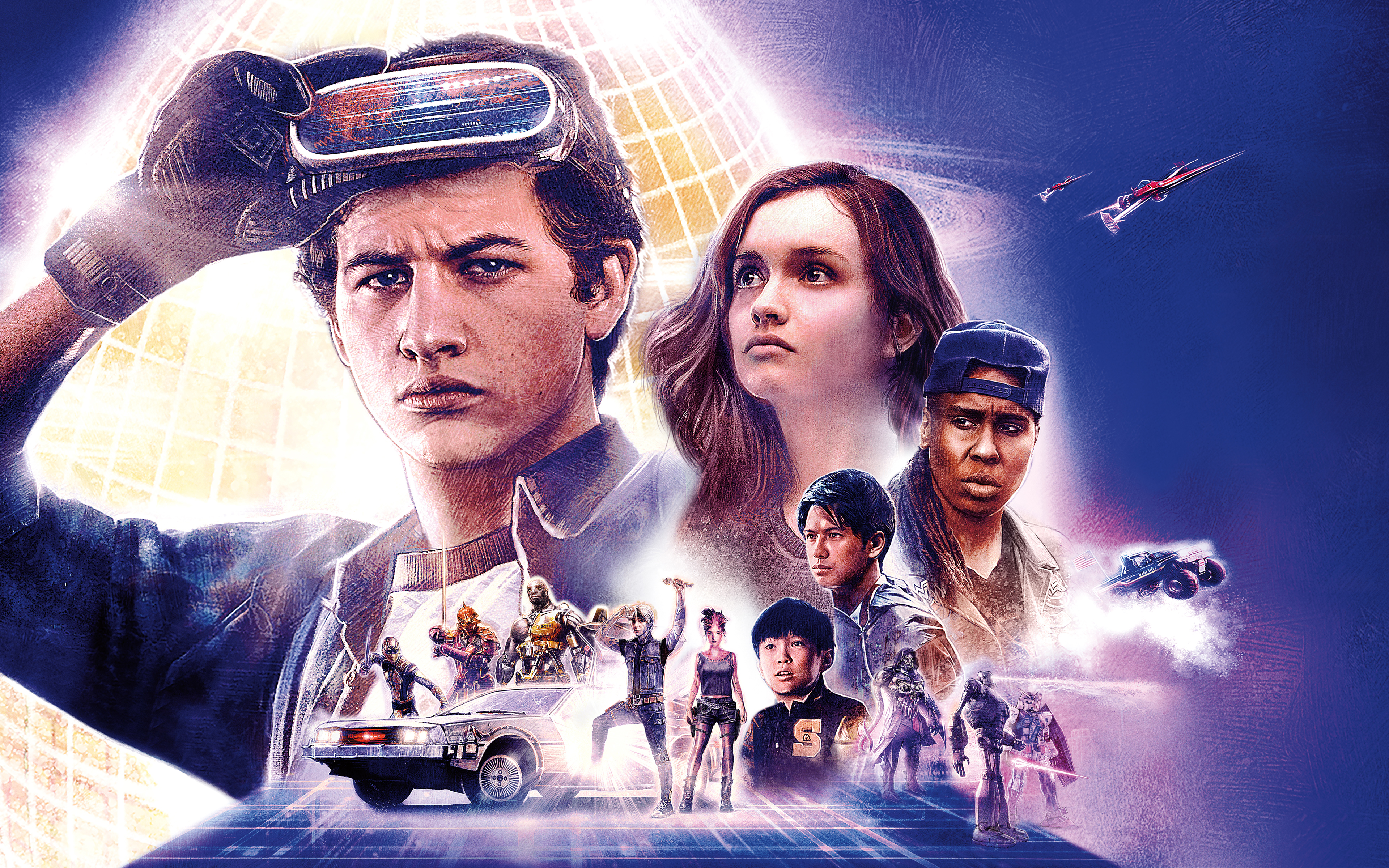The Good Mother
by George Wolf
As a thriller, The Good Mother is an odd bird. But then, I can’t really say for sure it wants to be a thriller. Maybe it’s a character study, or a cautionary tale. There’s nothing here to seal any of those deals, which means the possibilities for engagement are always just out of reach.
The cast is solid, led by two-time Oscar winner Hilary Swank as Marissa, a top reporter for a newspaper in Albany, NY circa 2016. Her paper is struggling with the digital revolution and could use her writing skills, but Marissa can’t be bothered. She’s been in a spiral since her husband Frank’s death and her son Michael became a junkie, and now Marissa only wants to drink, smoke, and mindlessly edit other people’s work.
Things only get worse when her older son Toby (Jack Reynor), an Albany cop, gives her the news that Michael has been shot and killed. And though Marissa blames Michael’s pregnant wife Paige (Olivia Cooke) for introducing him to drugs, the two join forces in hopes of tracking down Michael’s killer.
Swank (also an executive producer) is on cruise control with a righteous determination arc, but director/co-writer Miles Joris-Peyrafitte never lets her truly dig in to Marissa’s edges. Instead, she moves through a succession of steely eyes and furrowed brows as an unlikely duo has even more unlikely success uncovering secrets of the drug trade.
There are good intentions here, mainly aimed at how the opioid epidemic can devastate lives. But the story beats are often overwrought amid an aesthetic of heavy-handed grit, while Joris-Peyrafitte mutes any dramatic tension with flashbacks and quick cutaways. And when he does introduce a promising new direction (like a scene-stealing Karin Aldridge as another grief-stricken mother), it is too soon abandoned for the comfort of well-traveled paths.
Take away this cast, and there’s just enough here for a made-for-cable time waster. But some big league talent got The Good Mother bumped up to the big screen, and earning its place there is a mystery the film just can’t figure out.







